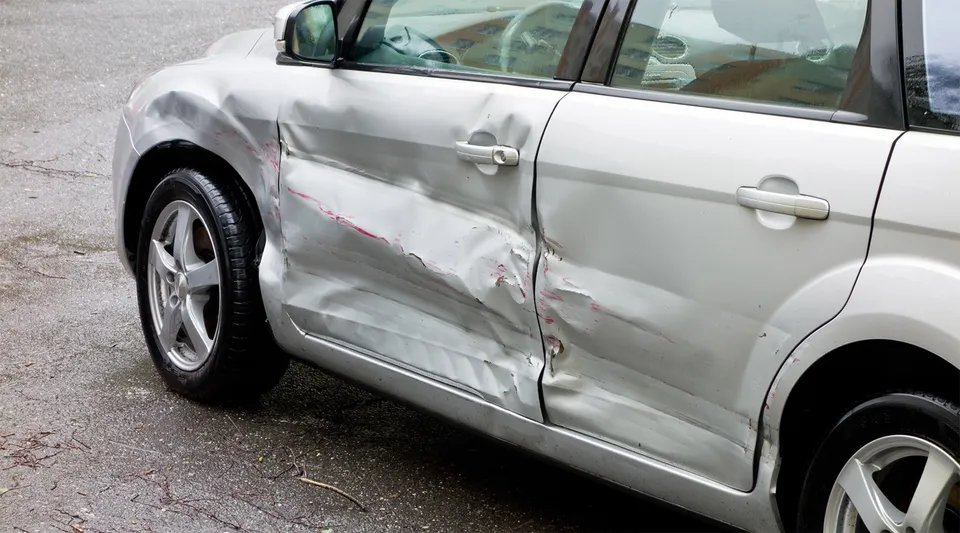U.S. Has Highest Car Accident Death Rate
- August 9, 2016 @ 3:52 pm
- Written by admingil
- Categories: Accident | Auto Accidents | Florida | Motor Vehicle Accidents

CDC Data Shows U.S. Has Highest Car Accident Death Rate
After celebrating the 240th anniversary of the formation of our great nation, whether with a barbecue, some fireworks, or a relaxing day on the bay, you may have considered the things America is known for—hamburgers, baseball, apple pie, etc. Or maybe the things we excel at as a country. After all, the Rio Olympic games are approaching and the trials have highlighted some amazing athletes competing for the chance to represent their country in the games. What probably never crossed your mind, however, is that the United States has the highest car accident death rate of first world countries.
A surprising CDC data analysis, as reported by CNN, has highlighted this startling statistic. The study shows that while other nations such as Spain and Denmark have decreased motor vehicle death rate per capita by as much as 75.1% between 2000-2013, the United States has only reduced theirs by 31%. Of the 19 countries studied, the U.S. has the slowest rate of decrease—meaning we have the highest car accident death rate.
How the CDC Got its Numbers
Wondering exactly how the CDC came up with its determination? Well, the CDC used data from the World Health Organization to compare 19 wealthy countries including the U.S., Spain, the U.K., Japan, Denmark, Sweden, and Canada. The data was limited to 13 years, from 2000 to 2013. Included in the data were motor vehicle accidents that involved drivers as well as pedestrians, cyclists, and motorcyclists. By comparing population increases as well as car accident death rates, the CDC was able to determine how countries stacked up. While the U.S. has reduced its car accident death rate per capita, it has done so at a much slower rate than other countries in the study.
How Can We Reduce Car Accident Fatalities?
Two surprising facts that emerged from the CDC’s data comparison can provide some insight into how we as a nation can reduce our car accident fatalities.
According to the CDC’s analysis, the United States has the second highest rate of car accident deaths involving alcohol (our neighbor Canada has the highest). In addition to increased driver education and more transportation options for drunk individuals, steeper penalties for drunk drivers and required ignition interlocks for DUI offenders may help reduce the number of alcohol-related car accident fatalities. That’s 31% of the car accident deaths from 2000-2013 and a lot of needlessly lost lives that could’ve easily been saved.
Another surprising piece of data is that the United States had the third lowest rate of front seatbelt use. That means that of the 19 nations comprising the dataset, only two (Belgium and Austria) had front seat drivers and passengers who utilized their seat belts less. CDC data showed a use rate of 87%—a number that could easily be higher. Seatbelt use has been shown to help save lives in the event of a car crash. A higher percentage of use coupled with a lower drunk driving rate and the United States could join other wealthy nations in their lower rates of car accident fatalities.
Loved One Killed in a Crash? Consult a Tampa Car Accident Lawyer
If you’ve lost a loved one because of a car accident, speaking with a Tampa car accident lawyer can help you decide whether you have a claim for a wrongful death suit. Essentially, a knowledgeable lawyer who specializes in car accident injuries and fatalities will discuss your case and provide you with important legal information culled from their years of experience. A wrongful death suit may help you and your family cover the costs of any unpaid medical bills, funerary expenses, and lost wages. After all, your family has already suffered a loss—you shouldn’t have to feel pressured by mounting bills.
Too many people die of preventable causes in the United States—and car accidents is chief among them. If you’ve lost a loved one because of a reckless or negligent driver, consult with a Tampa car accident lawyer to help your family move forward.
